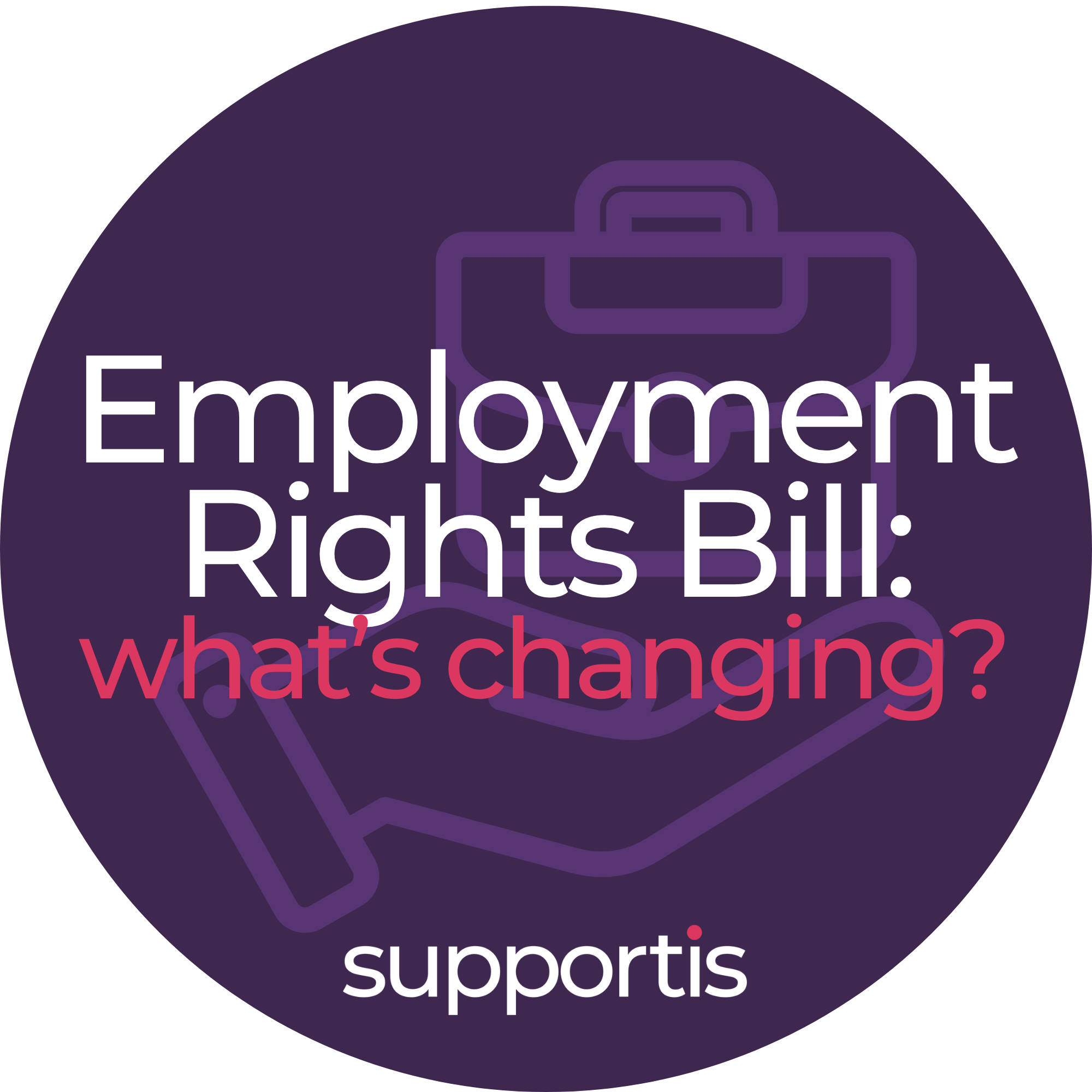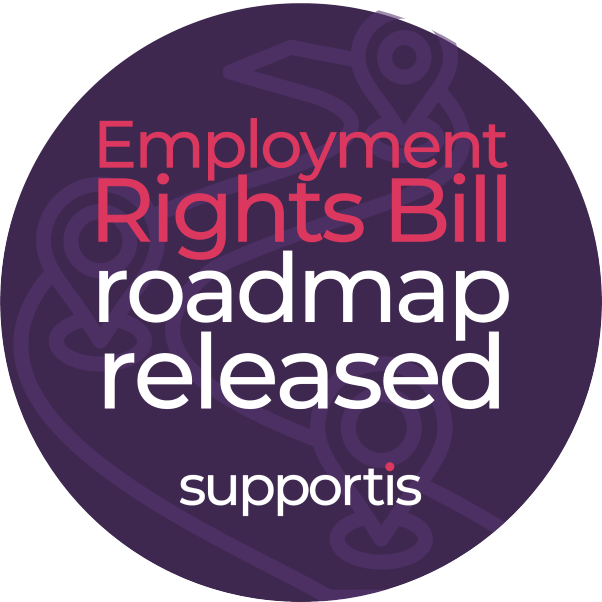Since Labour’s election, HR professionals have eagerly anticipated the government’s plans to fulfill its ‘New Deal for Working People’ promise. Last week, the government introduced a bill outlining 28 significant employment law changes.
What’s changing?
The Employment Rights Bill introduces 28 reforms across various employment law areas, significantly favouring employee flexibility. Changes include:
Zero-hour contracts
Zero-hour contracts will be regulated more strictly to prevent exploitation. Instead of employers being able to offer jobs with no guaranteed hours, they will have to:
- Guarantee a certain number of hours per week or month.
- Provide reasonable notice of shift times.
- Pay compensation to employees if shifts are canceled at the last minute.
Fire & rehire crackdown
Employers will no longer be able to use ‘fire and rehire’ tactics to ‘force’ employees to accept new terms and conditions.
Unfair dismissal
Employees will have the right to challenge an unfair dismissal from their first day of employment. Previously, there was a period of employment (usually 2 years) during which employees had limited protection against unfair dismissal. Under the new law, employees will have the right to challenge an unfair dismissal from the start of their employment.
Redundancy consultation
Employers will be required to consult with employees and their representatives more extensively before making mass redundancies. Previously, employers were only required to consult with employees if they were making 20 or more redundancies at a single establishment. Under the new law, employers will be required to consult with employees across the entire workforce, even if the redundancies are spread out across different locations.
Closing the maritime redundancy loophole
Maritime companies will no longer be able to avoid the requirement to consult with employees and their representatives before making mass redundancies. Previously, there was a loophole that allowed some maritime companies to avoid the collective redundancy notification requirement if their ships were registered outside of the UK. Under the new law, this loophole will be closed, meaning that all maritime companies providing regular services from the UK will be required to comply with the collective redundancy notification requirement.
Paternity and Unpaid Parental Leave – Waiting Periods Removed
New parents will be able to take paternity leave and unpaid parental leave from their first day of employment. Previously, there was a waiting period before new parents could take these types of leave. This change will provide new parents with more flexibility and support during the early days of parenthood.
Flexible Parental Leave
Parents will have the option to take paternity leave and pay after they have taken shared parental leave and pay. Previously, paternity leave had to be taken before or during shared parental leave. This change will provide parents with more flexibility in how they arrange their time off to care for their new child.
Right to Unpaid Bereavement Leave
This means that employees will have the right to take time off work unpaid (this could be paid at the employer’s discretion) to grieve the loss of a loved one. Previously, there was no specific legal right to bereavement leave.
Pregnancy Protection Extended
New protections are being introduced to prevent the dismissal of a woman who is pregnant and for six months after her return to work.
Flexible Working
Employers will no longer be able to simply reject flexible working requests without providing a valid reason. Previously, employers could reject flexible working requests without giving a reason. This could make it difficult for employees to negotiate flexible working arrangements. Under the new law, employers will be required to explain the grounds on which they have denied a flexible working request. This will make it easier for employees to understand why their request was rejected and to discuss the matter further with their employer.
Prioritising fairness, equality and wellbeing of workers
Employers will be legally obligated to do everything they can to prevent sexual harassment from happening in the workplace.
Conclusion
The Employment Rights Bill, with its proposed changes, is poised to significantly reshape the UK’s employment landscape. While the bill aims to enhance worker protections and rights, it presents a complex challenge for employers.
Businesses must now navigate a more intricate regulatory environment. This includes adapting to new requirements for flexible working, scrutinising recruitment practices, and ensuring compliance with stricter regulations on discrimination and harassment.
To navigate this evolving regulatory landscape, employers should proactively review their HR policies and procedures, invest in employee training, and consider consulting with employment law experts. By staying informed and taking a proactive approach, businesses can mitigate risks, foster a positive workplace culture, and secure a sustainable future in the UK labor market.
For employers requiring further guidance or assistance with HR, Health & Safety, Employment Law or eLearning, Supportis are here to help. Contact us today for a free consultation at [email protected] or on 0161 603 2156.




